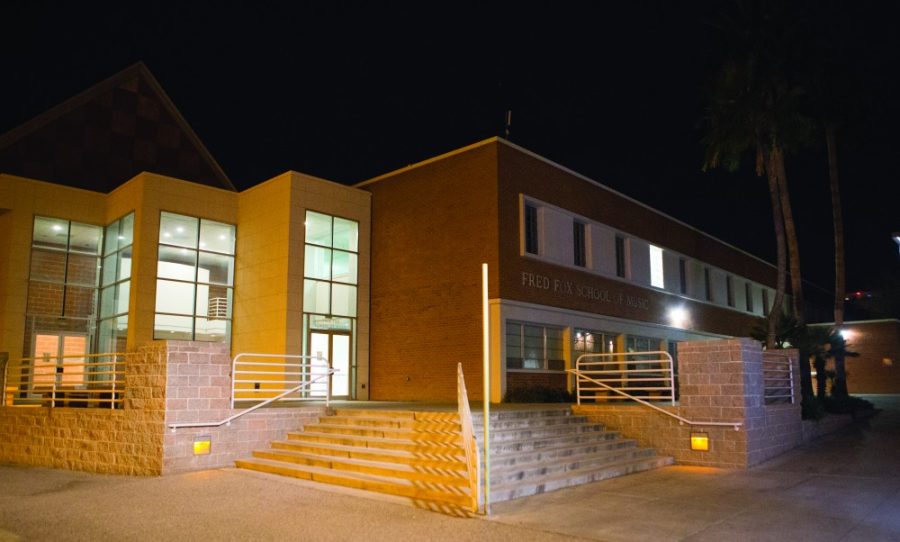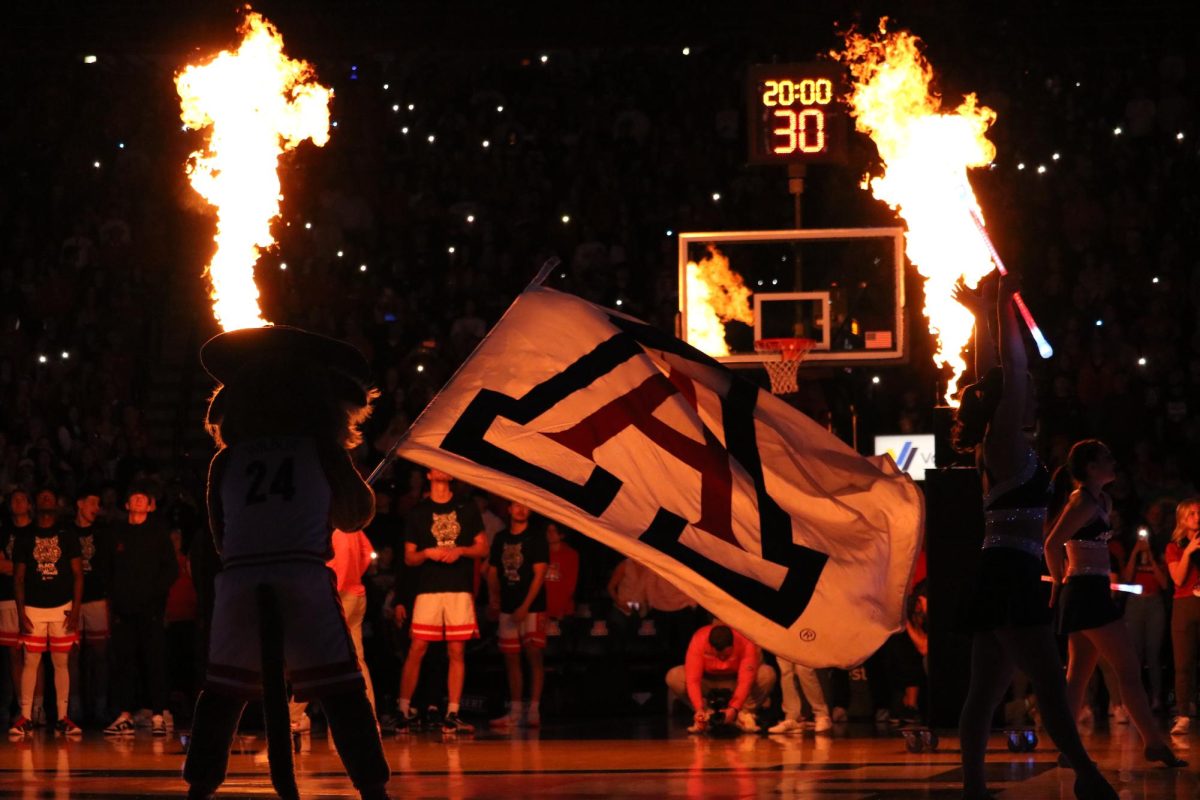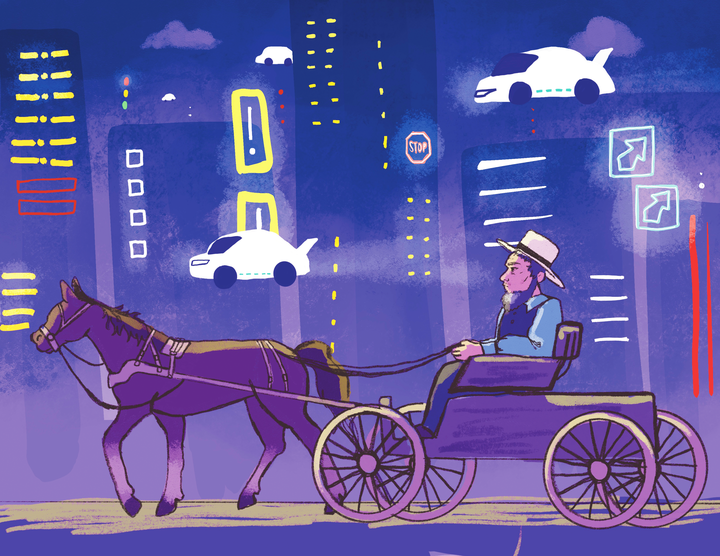Several times, my own experience has shown me where the UA has fallen short on providing necessities to students, and although the effects on me were relatively minor, these problems should be addressed.
1. Where are the water fountains in Fred Fox School of Music?
I went to the UA Wind Ensemble and Wind Symphony concert on Sept. 19, and as the beautiful 12 minute-long piece was wrapping up, I drank the last of my water. There was a brief intermission between the groups, so I went to go fill up my water bottle.
I thought there’d be one somewhere down the main hallways as the UA has plentiful fountains on campus, but I only found a community choir rehearsal.
The semester before, I had a class on the farthest back corner of the building and I knew a path to a water fountain from there.
I went down the usual path—straight, left, right—but the water fountain wasn’t there. I thought my memory must have failed, so I began running through all the hallways on the ground floor, trying to find this ever-elusive water fountain.
I learned a few days later from a friend, complaining about the lack of water fountains in the building, that the school had taken out the fountain I was looking for.
Lightbulb! There was a water fountain in the basement. I flew down the stairs, ran through the halls and dramatically connected my water bottle with the spout. Nothing came out. It was broken.
I ran up the stairs to the bathroom. I tried shoving the bottle under the sink in all the ways I could think, but it wouldn’t fit.
At that point, I looked at my hands, deemed them clean enough and began scooping water into my mouth.
I entered the auditorium, barely missing the start of the next group, water still dripping from my face. I wonder why a school of music in Arizona would make water so hard to come by, when the college has so many other fountains on campus.
RELATED: UAPD Releases 2016 Crime on Campus Report

2. What is wrong with the lights on Historic Lane?
Since I moved into Yuma Hall last year, I’ve joked about how the lights on Historic Lane are reverse motion sensors. Three times out of four, a light goes out as a person walks by, leaving this person in darkness on the already dim street.
Last weekend, I was walking back to my hall from Maricopa at night. A man was approaching me, and between us was a streetlight.
The light went out and because of my bad night vision, I could not really see the man anymore.
He walked toward the wall that protects Maricopa’s courtyard. He passed another light in the grass, and it too went off.
I saw him standing on a bench, peering over the wall and looking ready to climb over. However, when he looked back and saw that I was behind him, he decided to get off of the bench and head out of Historic Lane.
The inconsistency of these lights bothers residents and makes them feel unsafe at night. I understand now — they make it impossible to be aware of one’s own surroundings.
RELATED: UA plans to spend deferred maintenance money on disability access

3. Why isn’t there more direction to find ADA access?
I decided one day to see if it was possible to rollerblade to all of my classes. The last place I needed to go was a below-ground-level courtyard. I went to my normal entrance, looked at the staircase and my rollerblades, thought for a minute about my skill level and decided to look for another way.
I realized then that I was looking for similar access to the courtyard that wheelchair-bound students would be using. I found an entrance to the courtyard that I could take only if I walked my rollerblades over gravel.
Along the way, I think there was one sign to guide me, and this did not even get me down into the courtyard.
I did have one experience where I saw this affect a student who needed the access. She asked me for help and I had no idea where to direct her. She must have been confused and frustrated.
Many of our buildings added wheelchair access long after they were built, but it doesn’t mean that students should have to guess where the access areas are. The university needs to add more signs to direct students who really need it.
— Toni Marcheva is a sophomore honors student majoring in philosophy, politics, economics and law
Follow Toni Marcheva on Twitter









